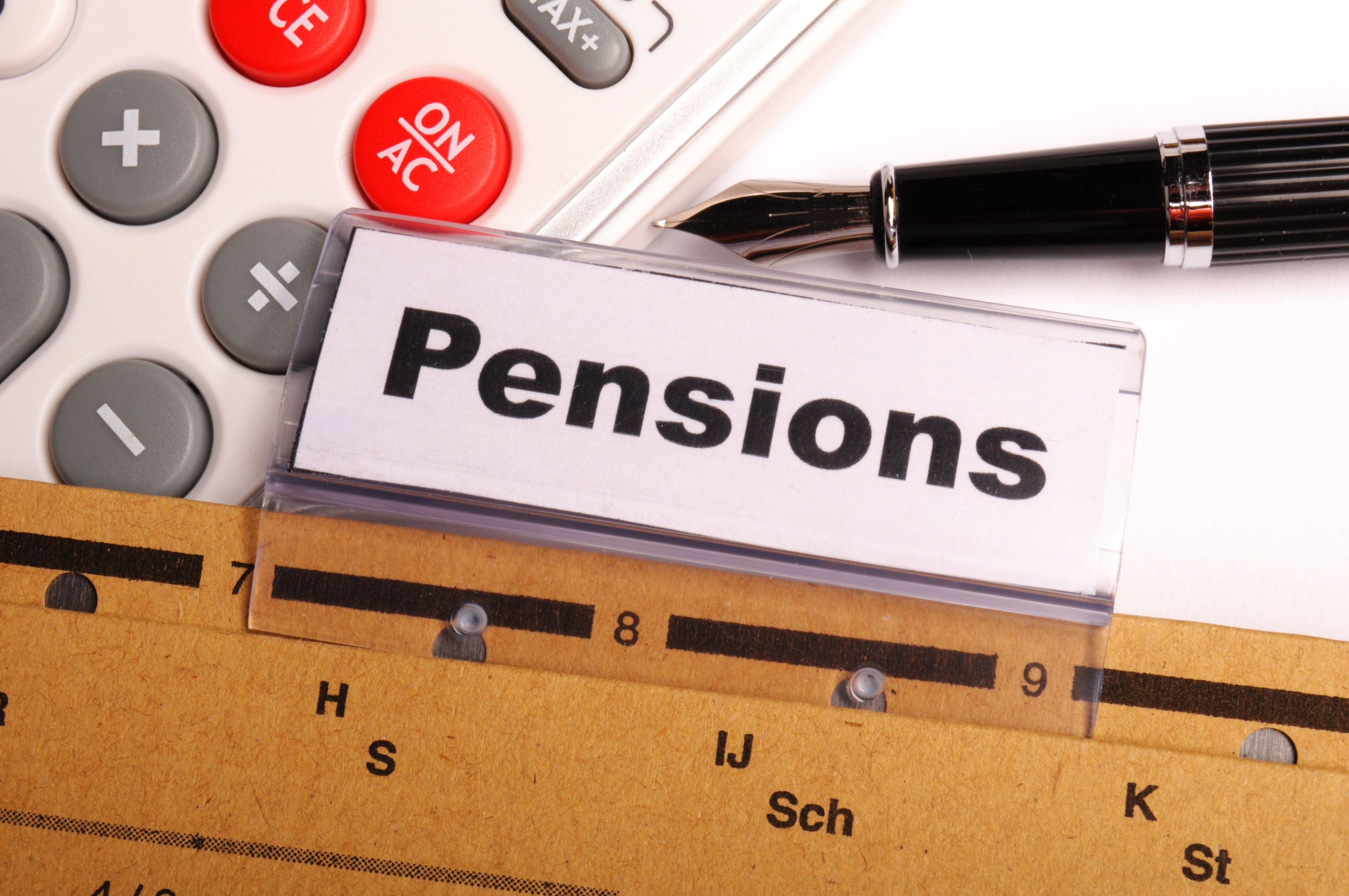News
Women lose High Court fight against state pension age rise

Backto60 campaigners have lost their court case against State Pension age rises that have hit millions of women born in the 1950s.
Women affected by the State Pension age increases have lost their landmark legal fight against the government.
Nearly 4 million women born in the 1950s have been affected by the changes, which have raised the State Pension age from 60 to as high as 66. The State Pension age is being increased to ensure “pension age equalisation”, so that women’s State Pension age matches that of men.
But women born in the 1950s claim the rise is unfair because they were not given enough time to make adjustments to cope with years without a State Pension.
Julie Delve, 61, and Karen Glynn, 63, supported by the campaign group Backto60, took the Department of Work and Pensions to court, arguing that raising their pension age “unlawfully discriminated against them on the grounds of age, sex, and age and sex combined”.
But judges at the High Court, who were considering the lawfulness of the increases to the retirement age, found in favour of the government and dismissed the women’s claims.
In a summary of the court’s decision, the judges said: “There was no direct discrimination on grounds of sex, because this legislation does not treat women less favourably than men in law. Rather it equalises a historic asymmetry between men and women and thereby corrects historic direct discrimination against men.”
Tom McPhail, head of policy at Hargreaves Lansdown, said: “The government will no doubt breathe a sigh of relief at this judgement, as any financial remedy would have cost them many billions of pounds to deliver. Given most of the women involved are now already past their revised state pension age, it is hard to see where the campaign will go from here.”
“It is axiomatic that retirement ages have to rise. It is simply not possible to offset the combination of longer life expectancy, stagnant wages and low interest rates, without working longer and retiring for less time. The critical learning point from this court judgement is people need to prepare for retirement well in advance. It was this disconnect between these women’s expectations and their impending reality check of a later state pension, which has resulted in the lawyers getting involved.
“Millions of people in their 40s and 50s are still heading towards a nasty shock when they find out what retirement has in store for them.”